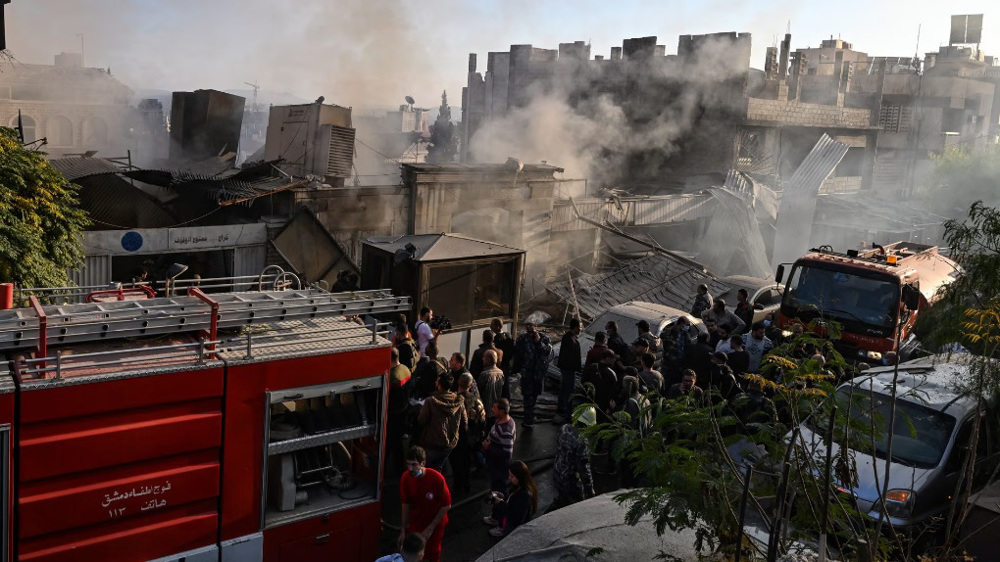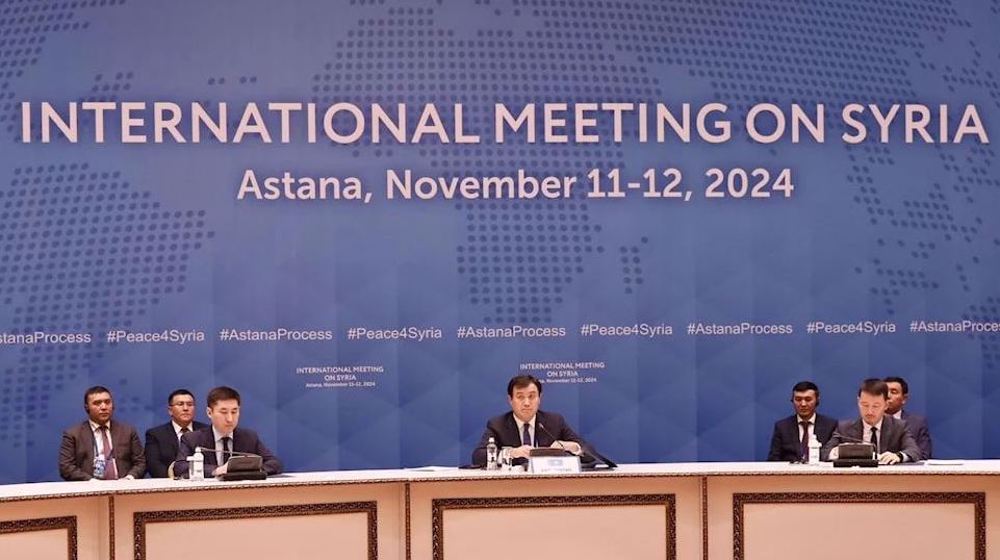Arab League blocks bid for Kurdish federal region in Syria
The Arab League has rejected the “separatist” Kurdish push for a federal government system in Syria, citing the risks it poses to the territorial integrity of the conflict-ridden country.
Ahmed Ben Helli, the deputy secretary of the pan-Arab bloc, said Monday that the Cairo-based organization does not recognize last week’s proclamation of a Kurdish region inside Syria.
On Thursday, Syrian Kurdish groups, along with their Arab and Assyrian Christian allies, declared a federal region in the country’s Kurdish-dominated north.
“The Arab League rejects such separatist calls that harm the unity of Syria,” Ben Helli told reporters, highlighting Syria’s unity as a “fundamental principle” of the Arab League.
The move was also denounced by the Damascus government, as well as the Saudi-backed Syrian opposition groups, aka the High Negotiations Committee, which took part in the latest round of UN-brokered peace negotiations in Geneva.
The US has also made it clear that it will not recognize any autonomous region set up by the Kurds and their allies under the federation, asserting that Syria’s future government will be negotiated in the UN talks.
Washington, however, said the move leaves unaffected Washington’s military ties with Kurdish groups involved in the fight against Daesh.
The Kurdish People’s Protection Units (YPG), which is nearly in control of Syria’s entire northern border with Turkey, has been fighting against Daesh. The Kurdish fighters retook from the grips of Daesh the Syrian city of Tal Abyad last year.
The Kurdish groups and their allies were not involved in the Geneva talks that introduced a much-needed humanitarian truce across the country.
The Syrian government accepted the terms of the truce on condition that military efforts against Daesh and the al-Nusra Front Takfiri militants, who are not included in the ceasefire agreement, continue.
Iraq and some of the Arab League’s other 21 members are run by a federal government system.
Nearly 70 Mossad-linked terrorists killed or captured in southeast Iran
What collapse of German coalition government means
Iran, Syria emphasize need to stop Israeli atrocities in Gaza, Lebanon
Clinton whisked away amid pro-Palestine protest at Belfast university
I write for Iman and Ghazal, martyrs with name and face, not cold numbers
VIDEO | Islamic Revolution Leader’s memoirs book in Italian unveiled in Rome
VIDEO | Syria-Iran alliance strengthens as Larijani arrives in Damascus for key talks
Israeli fans clash with French supporters at Paris football match















 This makes it easy to access the Press TV website
This makes it easy to access the Press TV website